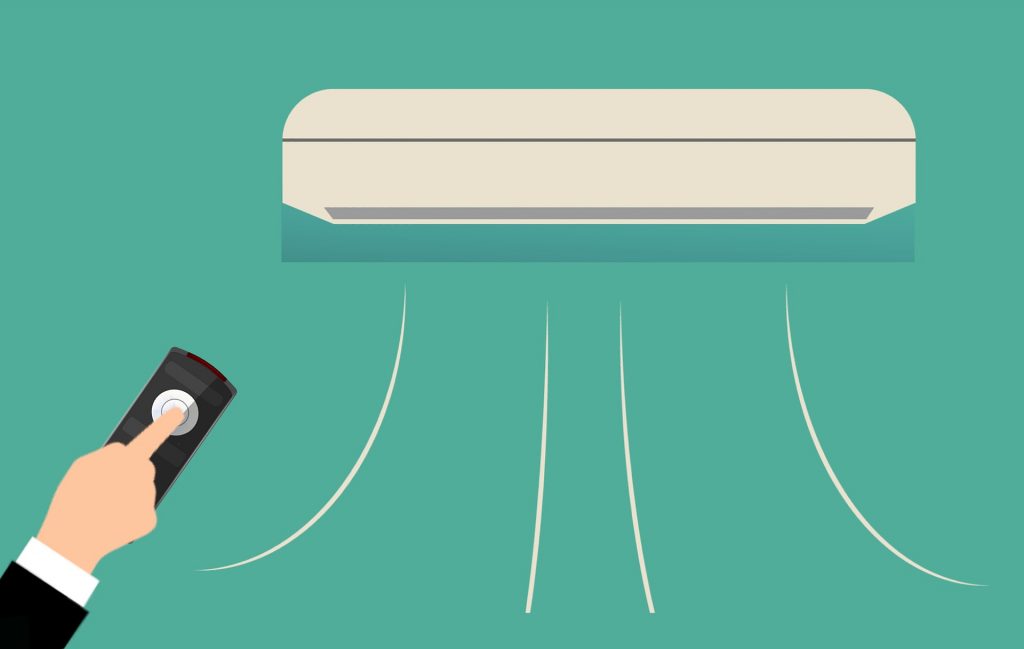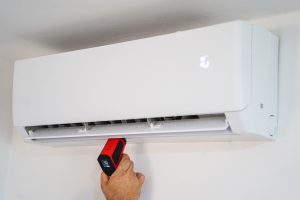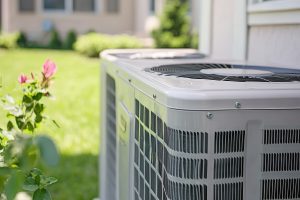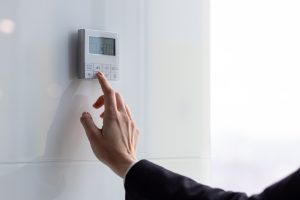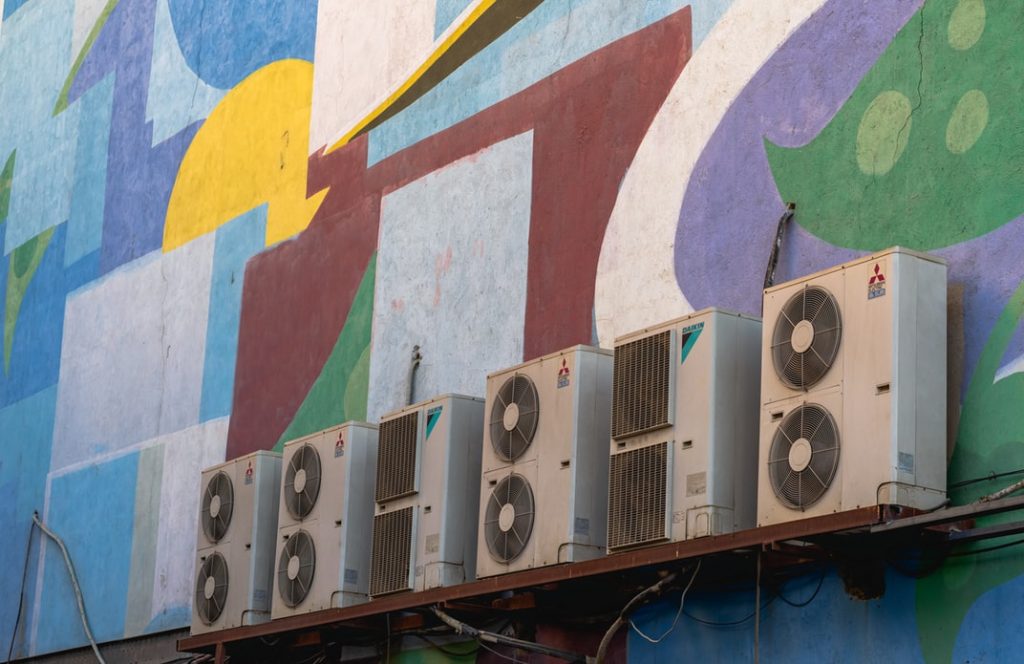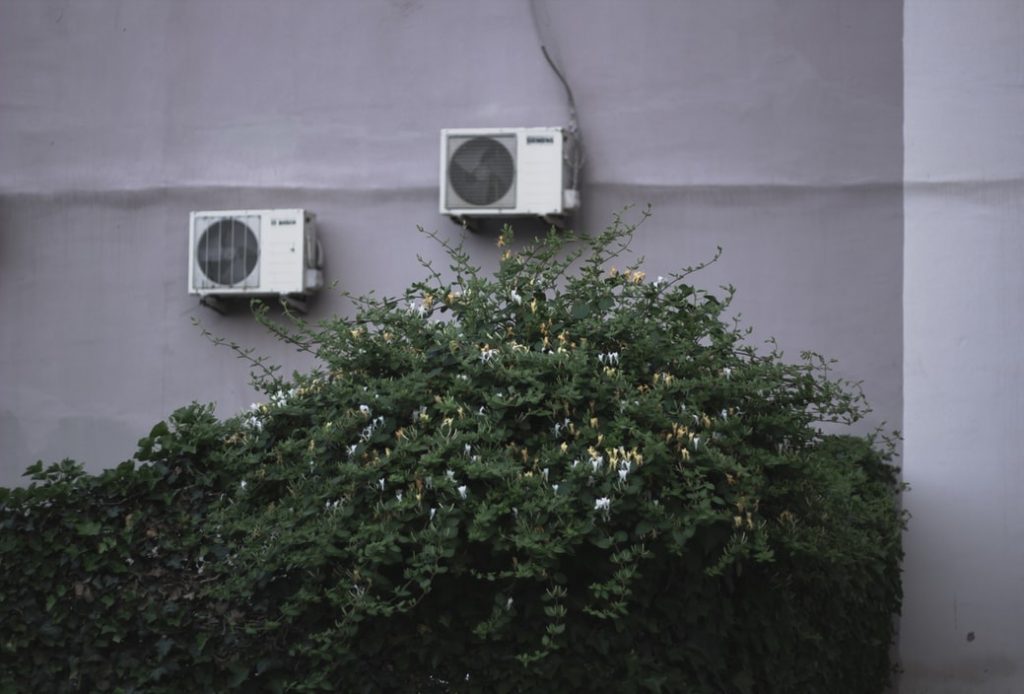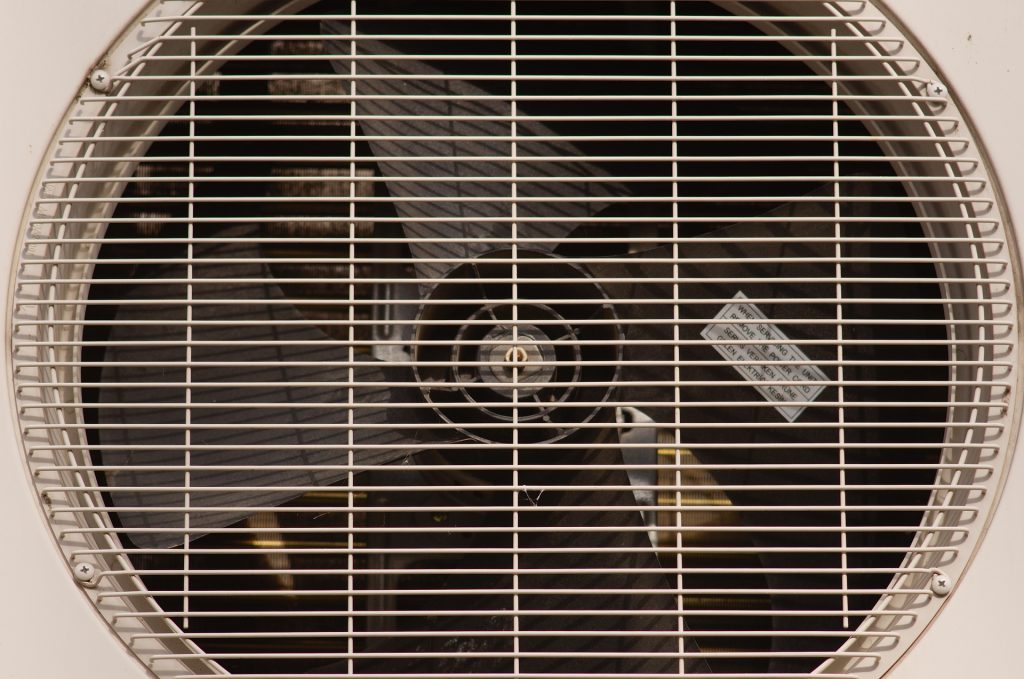Air conditioners provide essential comfort during the hot summer months, keeping your home from feeling like an inferno. But is it cheaper to leave your air conditioner on all day? Or should you be turning it off whenever you leave the house? Today, we’ll answer these questions and more.
Is it Cheaper to Leave Your Air Conditioner On All Day?
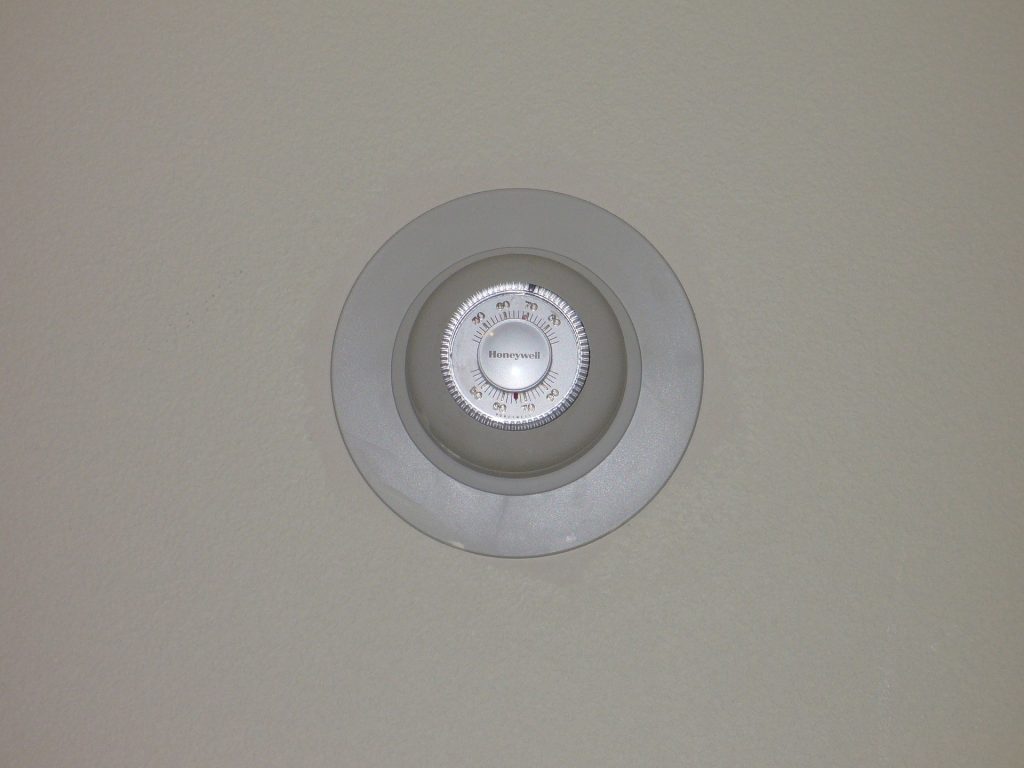
First things first, yes, it is more efficient to leave your air conditioning on. This doesn’t mean what many people assume, though. You shouldn’t be leaving your air conditioner on full blast 24/7 by any means. There’s a right way and a wrong way to do this, which we’ll explore shortly.
Why is it More Efficient to Leave Your Air Conditioning On?
Air conditioners maintain both temperature and humidity levels inside your home. When you turn the unit off on a hot day, even for a few hours, things get thrown out of balance pretty quickly. Your air conditioner will have to work much harder to restore optimal comfort levels when you turn it back on – particularly if you do what most people do, which is crank the thermostat all the way down. Instead of making your home comfortable faster, abusing the dial in this fashion just makes your air conditioner run inefficiently. Check out this post for an explanation of why that is.
On the flip side, your air conditioner (tuned to the appropriate settings, which we’ll share in the next section) can maintain the proper humidity and temperature balance inside your home while you’re away. When you return, you’ll still probably want to turn the thermostat down a bit but you won’t get hit with a wall of stagnant air that sends you racing for the dial.
In addition to saving money on your air conditioning bill by following these guidelines, you’ll also save on repairs. As much as we love providing air conditioning service in Phoenix, we love it when our clients enjoy their units hassle-free for years on end. That’s hard to achieve when you’re pushing your air conditioner to its limits.
How to Ensure Efficiency While Leaving Your Air Conditioner On
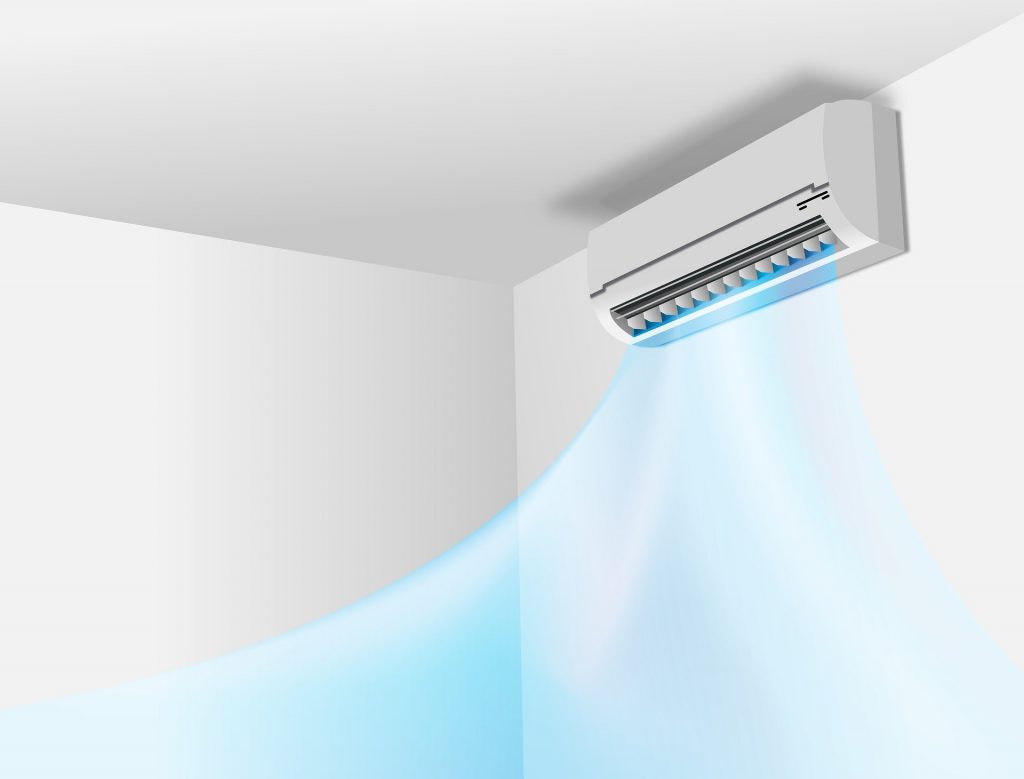
As we hinted at earlier, while you don’t want to switch your air conditioner completely off during the summer months, you don’t want it running on full blast all the time, either. After all, air conditioners use a lot of power, making up a huge chunk of your energy bill in cities like Phoenix.
The best approach is to set your air conditioner to about 78 degrees (F) when you’re not home. This is a number quoted by the Department of Energy because it strikes a good balance between keeping your home comfortable and saving electricity.
At this setting, your air conditioner is not going to be running all the time. These units operate in cycles, releasing air that is 15-20 degrees below the ambient temperature each time. Your thermostat will then evaluate whether further cycles are needed to reach the temperature on your thermostat. Because 78 degrees is a fairly warm setting, it shouldn’t take long for your air conditioner to recognize that no further cycles are needed.
Compare this to the 68-degree setting recommended when your home is occupied. That’s a whole 10-degree difference, which will require more cycles. It’s well worth it when you’re home and need the air to be nice and fresh. When you’re away, however, that level of cooling isn’t really necessary.
As a bonus, by simply turning your thermostat down 10 degrees, you can save roughly 10% on your electricity bill annually. Not bad!
If efficiency is your main concern when it comes to your HVAC system, you can check out this article about the different types of energy efficient AC units.
Pro Tip: Use a Programmable Thermostat
At some point, you will forget to turn your thermostat up a little bit when you leave the house. Keep things simple by installing a programmable thermostat that takes care of everything for you. This is one of the tips in our piece about saving money on electricity bills because it works!
Homeowners with non-programmable thermostats tend to spend a lot of time tinkering with them to get the settings just right, which disrupts the unit’s function. Your air conditioner will start and stop frequently, which adds unnecessary wear-and-tear, reducing its lifespan.
Leaving Your AC On All Day: About More Than Just Comfort
When people ask “is it better to leave an AC on all day?” they’re typically defining “better” as “reduced electricity bills.” There’s a lot more to think about here, though.
For one, mold and insects prevail in homes that are overly humid. This happens a lot faster than you might expect, too. While the optimal humidity level in your home is roughly 50% during summer, serious problems start developing at just 60% humidity. That’s the ideal humidity level for mold growth and insect infestations.
Keeping your air conditioner running at a reduced level throughout the day fosters a humidity level of around 55%, which is preferable. It will quickly get back to the optimal 50% level when you turn the thermostat down after returning home.
Excessive humidity can also damage your home in other ways. For example, condensation typically forms on your windows and runs down to your home’s wooden frames. There, it can produce rot that leads to expensive repairs down the road. Humidity also warps your floorboards and other wooden items around the house, shrinks caulking, and can damage electronics via static electricity.
Is it Cheaper to Leave Your Air Conditioner On All Day? Conclusion
The answer to the question “is it cheaper to leave your air conditioner on all day?” is a resounding yes. You’ll save money on your energy and repair bills, especially during the summer months. Your home will also be much less likely to suffer the negative effects of excess humidity and heat during the day, which will protect your health and, again, save you money.
Frequently Asked Questions
Is it bad to leave the air conditioner on all day?
There are only a few circumstances in which you’ll want to turn your air conditioner completely off. The first is obvious: when the temperature is simply not that high! The second is if you have a tendency to leave the air conditioner running on full blast at all times. This will cost you plenty of money, both on your AC bill and on repairs for the unit, which will wear out faster.
You’re much better off setting your thermostat to a higher setting (ideally 78 degrees), which will maintain the proper temperature and humidity inside your home while you’re away.
Does turning off your air conditioner save money?
While turning your air conditioner off, in and of itself, will logically save you money (after all, it won’t be using electricity), it’s what happens next that will actually cost you more in the long run. People typically crank their thermostats all the way down to compensate for the hours of missed cooling. This forces your air conditioner to run inefficiently.
You’ll save more money in the long run by simply turning your thermostat up a little bit when you’re out of the house. Better yet, program this setting into your thermostat!


